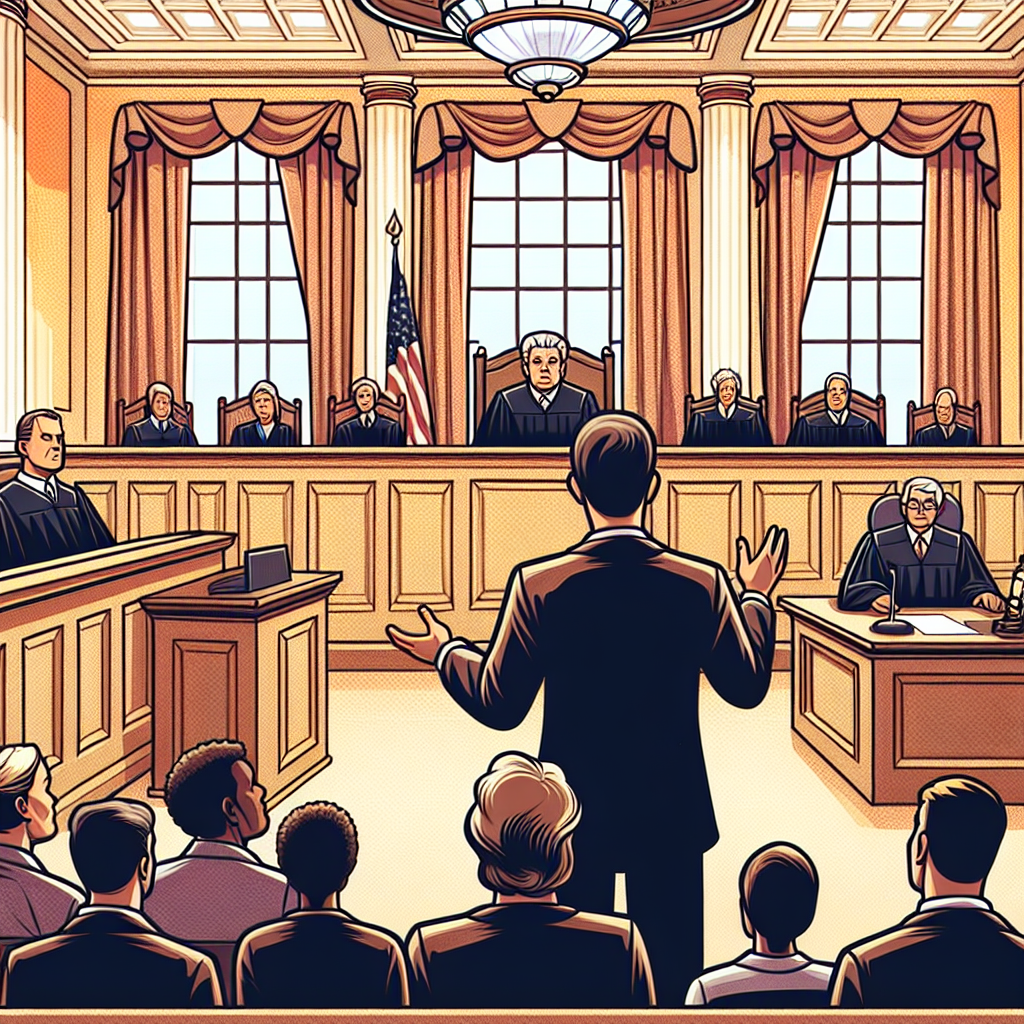Supreme Court Declines Rent Stabilization Challenge
The U.S. Supreme Court declined to hear challenges by landlord groups against New York City's rent stabilization laws, which limit rent hikes and make evictions more difficult. This law aims to address affordable housing shortages, protect tenants, and maintain stable communities amidst legal challenges from landlords seeking higher returns.

The U.S. Supreme Court on Tuesday refused to hear appeals from landlord groups challenging New York City's rent stabilization laws. This legislation, which caps rent increases and restricts evictions, has been in place to combat a housing shortage and protect tenants.
Property owners contest that rent stabilization breaches the Fifth Amendment's 'takings clause,' which prohibits the government from seizing property without fair compensation. Nevertheless, lower courts upheld these measures, concluding they do not violate constitutional rights.
While proponents argue the laws prevent tenant displacement and foster community stability, opponents claim it unfairly removes landlord control. Recent amendments expanding tenant protections have fueled additional legal disputes.
(With inputs from agencies.)










